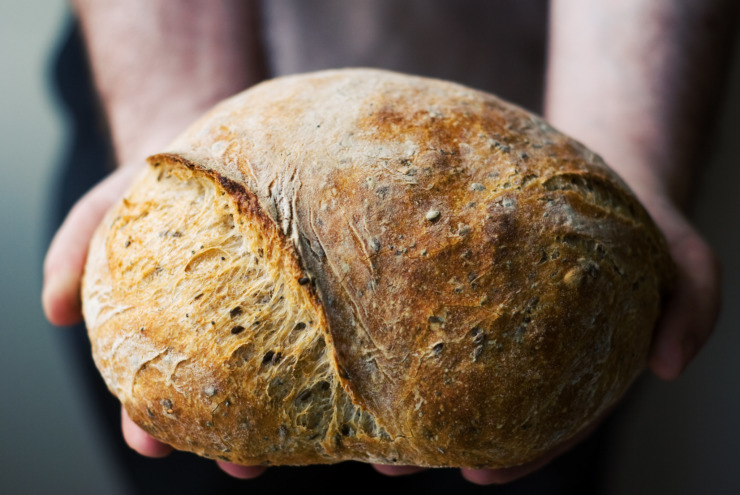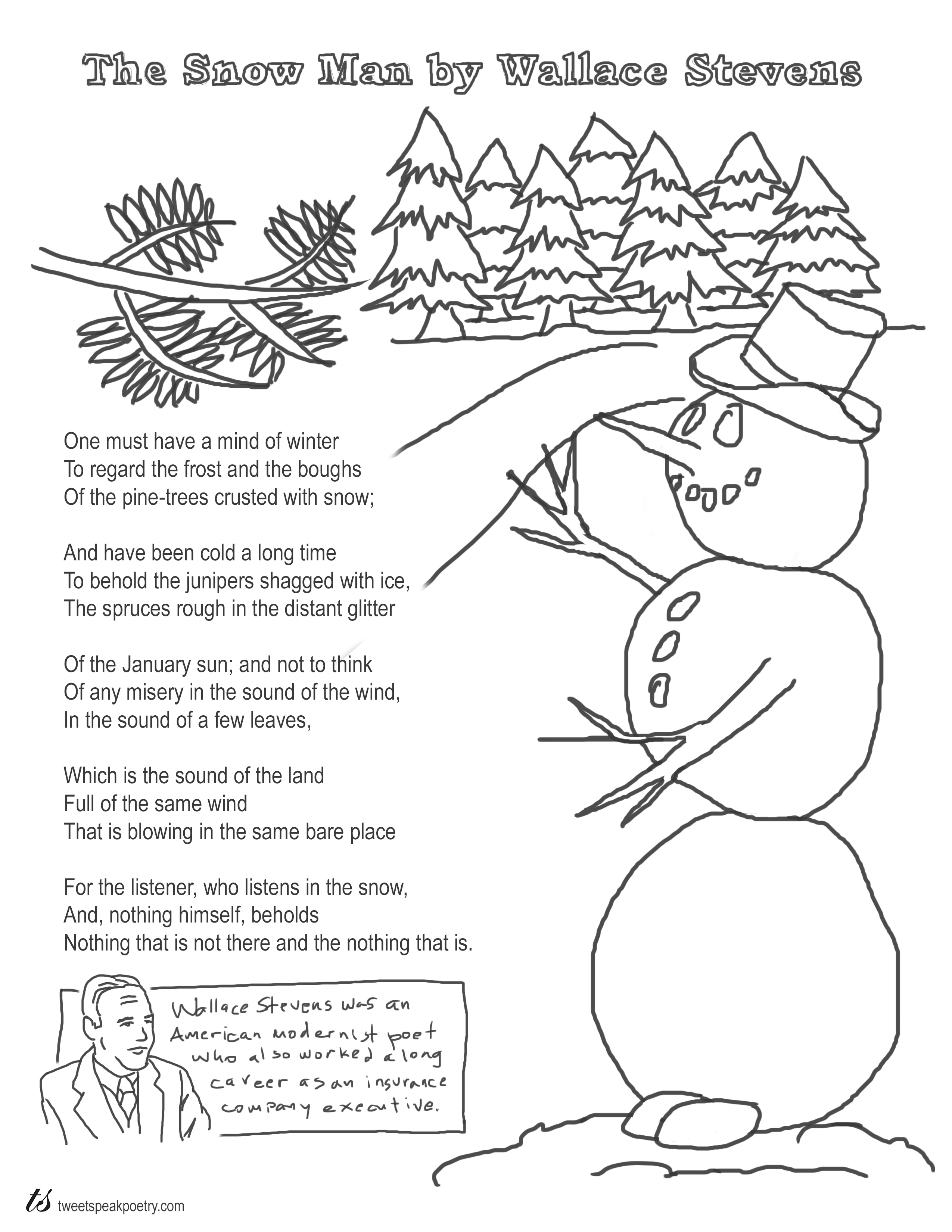‘Tis the Feasting Season—Perfect for The Good Life
But the prose-horse is in harness, a good, sturdy and comfortable harness, while the horse of poetry has wings. And I would rather fly than plow.”
– Mary Oliver, Long Life: Essays and Other Writings
“The Good Life” by Tracy K. Smith has had wings in me for I don’t know how many years. If this were a story, with the harness of prose, we might have more information about the woman. Then I fear I might have forgotten her, in the myriad of stories I consume in any given year. This woman flies through the sky because she is unique to this poem. She is the “roast chicken and red wine” woman. That is how I usually refer to the poem, and that’s enough information for a search engine to locate it. So in this month of gratitude, I wanted to give Smith’s poem its due, a poem that has flown in and out of my soul while I plowed.
The Good Life
When some people talk about money
They speak as if it were a mysterious lover
Who went out to buy milk and never
Came back, and it makes me nostalgic
For the years I lived on coffee and bread,
Hungry all the time, walking to work on payday
Like a woman journeying for water
From a village without a well, then living
One or two nights like everyone else
On roast chicken and red wine.
–Tracy K. Smith
Smith served as U.S. poet laureate from 2017 to 2019 and was the creator and original host of the poetry podcast The Slowdown. This poem is from her Pulitzer winner, Life on Mars. She’s also a translator, most recently of contemporary Chinese poet Yi Lei’s My Name Will Grow Wide Like a Tree.
I did not remember that the first line of “The Good Life” starts with money: “When some people talk about money.” We don’t like to talk about money, but it is the foundation of many of our decisions — whether or not to make an appointment with a specialist, whether to start at a junior college, what brand of milk to purchase.
Milk is in this poem, as is coffee, bread, water, and of course, roast chicken and red wine. It’s not the sort of food poem that makes you swoon but the kind built on dailyness, and I can taste each item listed. The final line, when the poet feasts, is not what everyone would consider feasting fare. It’s common chicken, roasted in an oven, and red wine that is not fancy enough to earn a mention of which red grapes it holds.
And yet, the poet is grateful. Not only for those “one or two nights” when she was really “living,” but also for the leaner days that got her there. The “years” of “Hungry all the time,” when she felt more like a village woman journeying for water / From a village without a well.” In fact, the poem is filled with the w-sound: when, who, walking, work, woman, water, well, wine. It’s a sound that requires intentionality.
Recently my husband was reminiscing with a co-worker about days when they both were younger and money was scarce. She recalled a time when there was a bill to pay, so she and her husband scrounged for every coin in their place, even in the sofa, then took the loot to the mechanical coin-counter at the grocery store, not knowing it would charge a fee. The fee meant they couldn’t pay the bill. That happened twenty years ago, and they no longer remember what they did, only that somehow they got through it and are now able to feast without having to wait for payday.
Funny the things we look back on and feel “nostalgic” for. Getting through those times, even if we don’t quite remember how, fills us with gratitude.
When I feel like my current load is too much to bear, this is a poem I turn to. I wonder how I’ll feel about all this in ten years. For now it is enough to know I am not the only one who looks back on previous harsh times as holding something wonderous, well done, worthy of remembrance.
By Heart for January
For the next By Heart gathering, January 28, we’ll learn a poem about perspective (which is our theme for 2022) — The Snow Man, by Wallace Stevens. Here’s a coloring page to get you started. Consider it your New Year’s homework.
The Snow Man
One must have a mind of winter
To regard the frost and the boughs
Of the pine-trees crusted with snow;
And have been cold a long time
To behold the junipers shagged with ice,
The spruces rough in the distant glitter
Of the January sun; and not to think
Of any misery in the sound of the wind,
In the sound of a few leaves,
Which is the sound of the land
Full of the same wind
That is blowing in the same bare place
For the listener, who listens in the snow,
And, nothing himself, beholds
Nothing that is not there and the nothing that is.
–Wallace Stevens
Photo by Bram Cymet, Creative Commons, via Flickr. Post by Megan Willome.
Browse more By Heart
I loved this book. As soon as I finished, I began reading it again.”
—David Lee Garrison, author of Playing Bach in the D. C. Metro
- Perspective: The Two, The Only: Calvin and Hobbes - December 16, 2022
- Children’s Book Club: A Very Haunted Christmas - December 9, 2022
- By Heart: ‘The night is darkening round me’ by Emily Brontë - December 2, 2022



Bethany R. says
I’ve loved this poem for years too. It’s grounding reality and the way it offers perspective.
Tracy K. Smith’s words, “For the years I lived on coffee and bread,/ Hungry all the time,” remind me of times where our family had *just* enough.
And I agree, it’s interesting “the things we look back on and feel ‘nostalgic’ for. Getting through those times, even if we don’t quite remember how, fills us with gratitude.”
Thank you for this post, Megan.
Megan Willome says
Bethany, so glad to know this poem has found a place in your heart too.